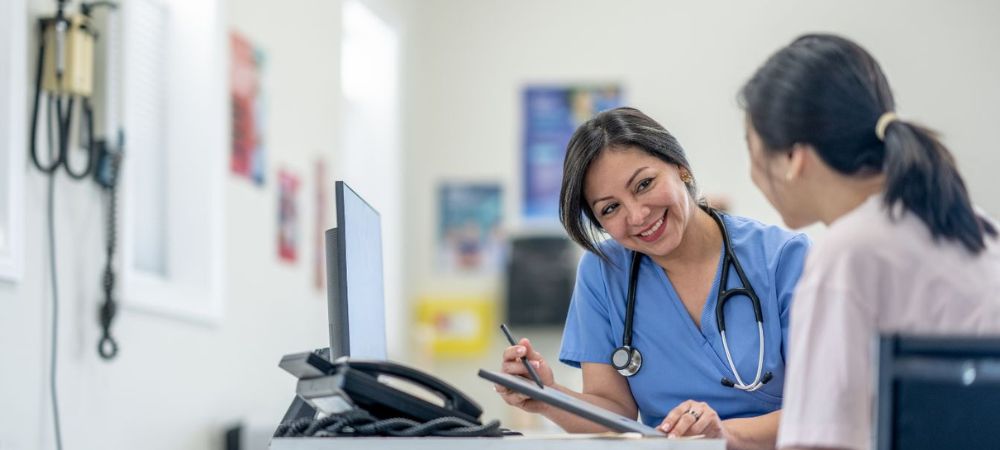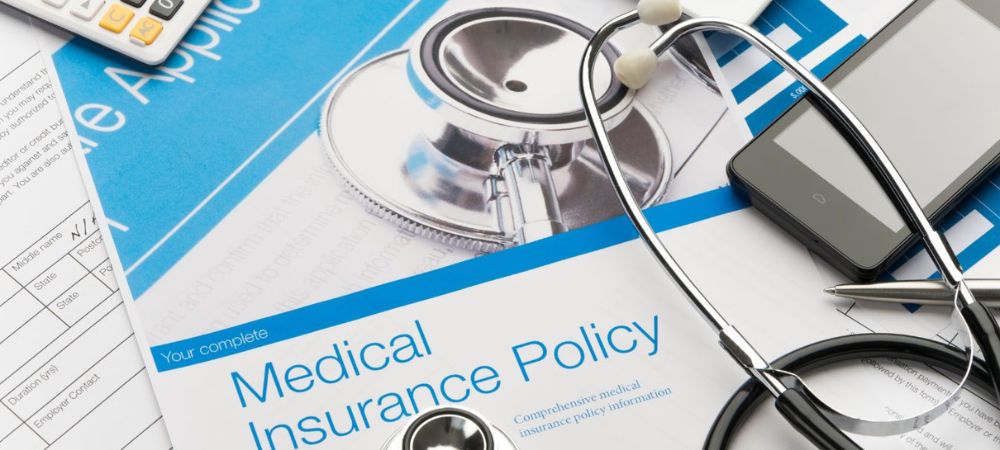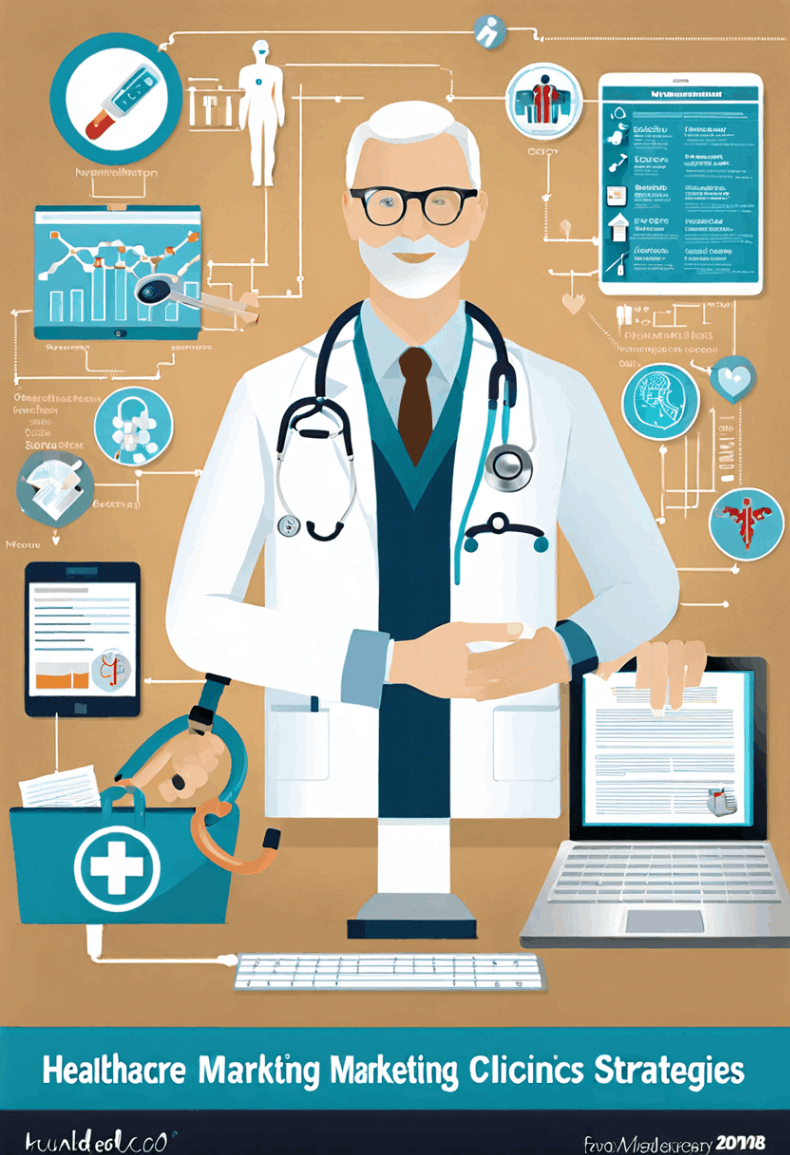

Early detection through screening tests is super important for catching diseases early, ya know? By getting tested regularly, you can catch any problems before they get too serious. Access further information see here. Not doing screening tests can lead to missing out on important info about your health. It's like playing roulette with your well-being! So, don't skip those screenings - they could save your life, dude!
So, when it comes to screening tests, there are a few common types available that can help detect potential health issues early on. These tests include things like blood tests, imaging scans, and physical exams. Each of these screenings can give doctors important information about your overall health and help them catch any problems before they become serious.
Now, I ain't no expert in all this medical stuff, but I do know that getting screened regularly can be really important for staying healthy. I mean, who wants to deal with a big health problem if it could have been caught early with a simple test?
But hey, I get it – going to the doctor and getting tested isn't always fun. It can be time-consuming and sometimes a little scary. But trust me, it's worth it in the long run. So next time you're due for a screening test, don't put it off – just bite the bullet and get it done.
And remember, these screenings aren't just for older folks or people with risk factors – they're important for everyone. So don't think you're too young or too healthy to get screened. It's better to be safe than sorry, right?
Anyway, that's my two cents on screening tests. Just remember to stay on top of your health and take care of yourself – you only get one body, so treat it right!
When talkin' 'bout preventive care, one important thing to consider is the role in early detection and treatment of diseases.. Preventive care helps catch any potential health issues before they become serious problems, which can save money and improve overall well-being.

Posted by on 2024-05-26
Establishing a relationship with a primary care provider is so important for getting regular preventive care.. Having a doctor who knows your medical history and can track any changes in your health over time can help catch potential problems early.

Posted by on 2024-05-26
Preventive care includes regular check-ups, screenings, and vaccinations that help keep you healthy and catch any potential issues early on.. The cost-saving benefits of preventive care are huge compared to treating illnesses later on.

Posted by on 2024-05-26
Hey there!. So, have you ever thought about making sure you're taking advantage of all the preventive services your insurance covers for maintaining optimal health?

Posted by on 2024-05-26
Consulting with healthcare professionals for personalized preventive care plans is a great way to stay ahead of illnesses and injuries.. By working with experts in the field, you can identify potential health risks and develop strategies to prevent them before they become serious problems.
Rather than waiting until you get sick or injured, taking proactive steps to protect your health can help you avoid unnecessary suffering and expenses down the road.

Posted by on 2024-05-26
When it comes to savin' money and time, prioritizin' preventive care is key.. There are plenty of resources out there for findin' affordable options that won't break the bank.

Posted by on 2024-05-26
Screening tests can be both helpful and not so helpful in detecting diseases early on. They can provide valuable information for healthcare providers to make informed decisions, but they also have their limitations.
One benefit of screening tests is that they can catch potential health issues before symptoms appear, allowing for earlier treatment and better outcomes. For example, a mammogram can detect breast cancer at an early stage when it is more treatable.
On the other hand, screening tests are not always accurate and can sometimes give false positive or false negative results. This can lead to unnecessary anxiety or missed opportunities for early intervention. It's important to consider these limitations when deciding whether or not to undergo a screening test.
Overall, screening tests play an important role in preventive healthcare, but it's essential to weigh the benefits and limitations before making any decisions. Remember, it's always best to consult with a healthcare provider for personalized advice based on individual risk factors and preferences.

Before going for a screening test, there are several factors to consider. First off, it's important to think about your health history and if you have any risk factors that may impact the results of the test. If you haven't had any symptoms or family history of a certain condition, then maybe the test isn't necessary at this time.
Another thing to keep in mind is the accuracy of the screening test. While most tests are pretty reliable, there's always a chance of false positives or negatives. It's also crucial to consider the potential consequences of a positive result - will it lead to more invasive procedures or unnecessary stress?
Cost is another factor that shouldn't be overlooked. Some screening tests can be quite expensive, especially if they're not covered by insurance. You'll want to weigh the benefits of getting tested against the financial burden it may cause.
And lastly, don't forget about your own feelings and beliefs about testing. If you're feeling anxious or unsure about getting screened, it's completely okay to take some time to think it over or discuss your concerns with a healthcare provider.
In conclusion, before deciding on whether or not to undergo a screening test, make sure to consider all these factors carefully and make an informed decision that aligns with your overall well-being.
When it comes to getting regular screening tests, there are some key recommendations for different ages and genders. It's important to stay on top of these screenings to catch any potential issues early on. For example, women should start getting mammograms regularly once they reach a certain age, typically around 40 or 50 years old. And men, well they should get their prostate checked regularly as they get older. But hey, don't forget about other screenings like colonoscopies and cholesterol checks too! It's never fun going in for these tests, but it's better to be safe than sorry. So let's all do our part and make sure we're staying up-to-date on our preventive screenings. Your future self will thank you!

So, ya know how important it is to understand what healthcare providers do when it comes to recommending and interpreting screening tests. It ain't always easy to figure out what's goin' on with your health, so that's where these experts come in. They can help you make sense of all them tests and give you the lowdown on what they mean for your well-being.
When it comes to screening tests, these providers are like your personal navigators through the sea of medical jargon and results. They can break things down for ya in a way that makes sense, so you can make informed decisions about your health. And let's be real, nobody wants to be left in the dark when it comes to their own body.
So next time you're due for a screening test or have questions about one, don't be afraid to reach out to your healthcare provider. They're there to help guide you through the process and give you the info ya need to take charge of your health. Remember, knowledge is power when it comes to stayin' healthy and feelin' good!